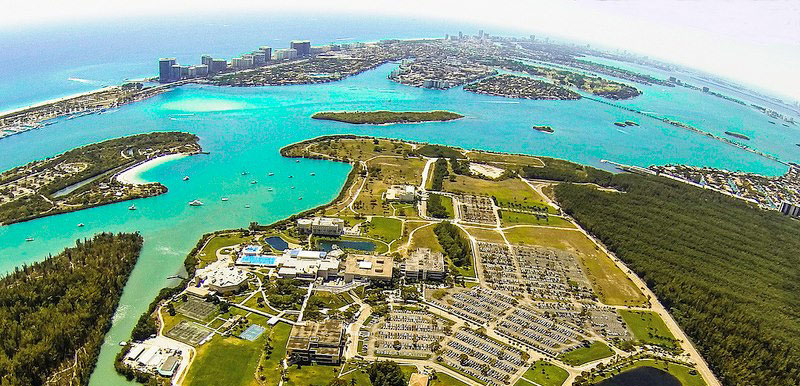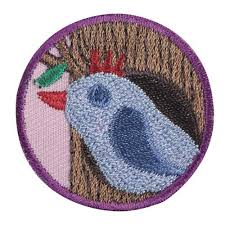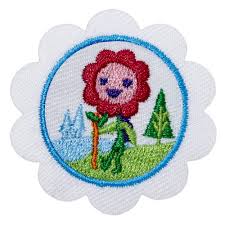Coastal habitats provide a wide range of valuable services and are important indicators of ecological health—from land to sea. Journey through Biscayne Bay where vast oceans meet the Florida peninsula to create one of the most unique ecosystems on Earth.
Using select activities from our Mission Inspire: Expedition Biscayne Bay curriculum, students and teachers will join an FIU facilitator in completing a lesson along with trained staff.

Reserve This Program
Fill out our form to begin your reservation. Lab experiences last 45 minutes. Each session accommodates up to 30 individuals. Experiences are primarily offered during core hours of 10 a.m. to 3 p.m.
Virtual
- Offered Monday–Friday
- Requires a strong internet connection
- $250 for first virtual lab; 10% each additional virtual lab of the same theme on the same day
In Person
- Primarily offered on Tuesdays, Wednesdays and Thursdays
- Hosted at your site; requires a classroom, library or other quiet setting
- $300 for first in-person lab; 10% off each additional lab of the same theme on the same day
Requests for alternate days or times will be considered. Within 48 hours after you submit your request, an Education Outreach team member will contact you to discuss your proposed itinerary. Once everything is reviewed and set, the invoice will be sent.
Alignments
Check out how our program aligns to Florida Department of Education and Scout benchmarks:
More to Explore
Want to get more from your adventures?
Combine labs, demos and field trips to reinforce learning and fun.
- DNA Detectives – Explore the mysteries that can be solved through the power of genetics through this lab which examines different methods to extract and analyze DNA.
- Squid Dissection – Starting out as zooplankton, discover how a squid’s unique internal and external morphology is crucial to its survival.

